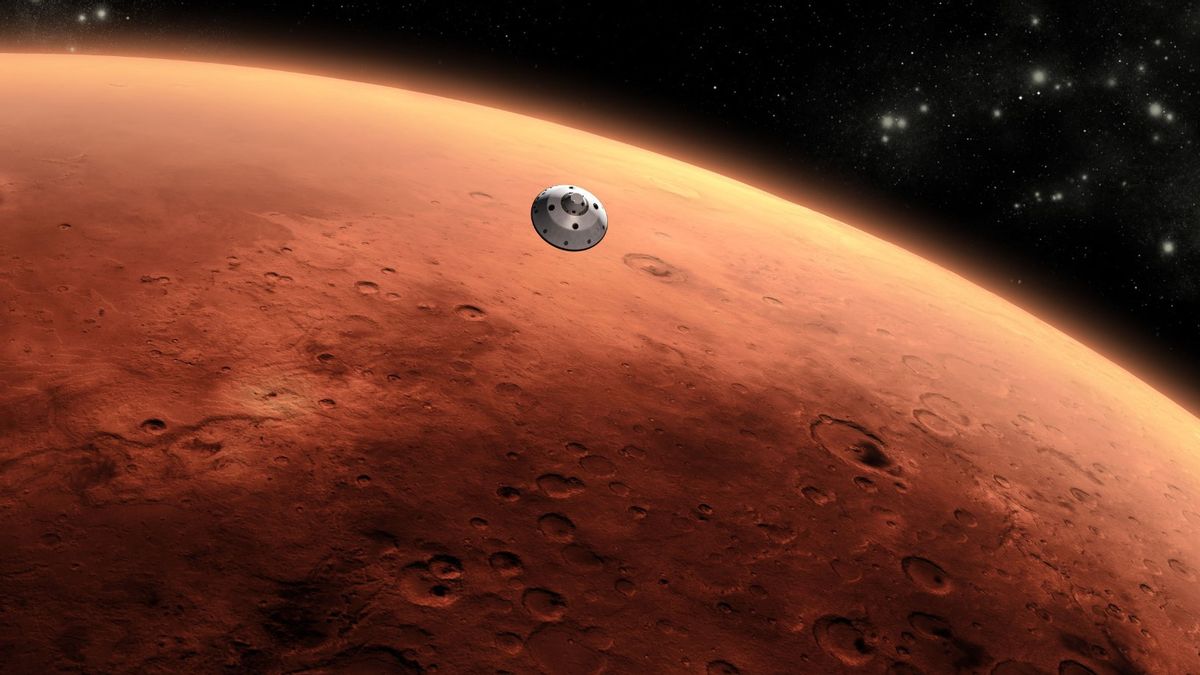JAKARTA – Research on the planet Mars continues. This time scientists reported that certain plants could grow on soil that resembled Martian regolith. In addition, the plant biomass can also be used as fertilizer to grow real plants.
However, until now scientists have not found a way to protect the mission crew from unsafe radiation levels on the astronauts' journey to the Red planet. However, researchers managed to devise a scheme that is claimed to be able to make it possible for plants to grow faster on Martian soil.
The research was conducted by scientists from Iowa State University. The research team included Pooja Kasiviswanathan, Elizabeth D. Swanner, Laryy J. Halverson, and Paramasivan Vijayapalani.
In their study, published in PLOS One this week, the researchers noted that the low nutrient content of the soil and the high salinity of water on Mars make agriculture there a problem. To address this issue, the team proposed a “simple and efficient strategy for treating basaltic regolith soil and simulating brine for suitable resources for growing crops.”
For plants that are likely to be grown on Martian soil, scientists suggest alfalfa plants that are claimed to grow there. They also mention that “alfalfa biomass” can be used as fertilizer to grow crops such as radishes and lettuce.
As for water on Mars, the team noted that the marine cyanobacterium Synechococcus sp. PCC 7002 “effectively de-salts” brine simulating water found on Mars. Later, the researchers added that "filtering through basalt-type volcanic rock" could further enhance the desalination process.
"Our findings suggest that it is possible to grow food crops with alfalfa applied to Martian basaltic regolith soil as a substrate doused with biodesalinated water," the researchers said.
If these findings are successfully applied to Martian soil, astronauts will be able to grow crops as depicted in the popular science-fiction film The Martian.
The English, Chinese, Japanese, Arabic, and French versions are automatically generated by the AI. So there may still be inaccuracies in translating, please always see Indonesian as our main language. (system supported by DigitalSiber.id)








